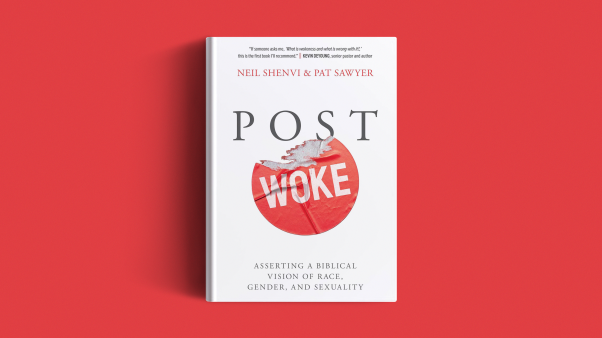Part 1:Introduction | John Sanders 1 | Chris Hall 1 | Sanders 2 | Hall 2
Part 2:John Sanders 3 | Chris Hall 3 | Sanders 4 | Hall 4 | Sanders 5 | Postscript
Implications of the Openness Model
Dear John,
What are the implications of the openness position for our understanding of God, God’s knowledge of and relationship to the future, and God’s relationship to time itself? I’m focusing on the issue of the extent of God’s foreknowledge and God’s relationship to time because it is at these two specific junctures that openness theology clearly moves beyond classical Arminianism, and indeed, classical theism. In addition, I think it’s fair to say that if the theological implications of a given model prove untenable, it is best to rethink and reconstruct the model.
Finally, I’d argue that the implications of openness theology are still only bubbling to the surface of the church’s consciousness, for good or for ill. The openness model, as Nicholas Wolterstorff has commented, is acting much like a strong tug on a thread dangling from a sweater. When one pulls on the thread, how far will the fabric of classical Christian orthodoxy unravel? If we posit that God’s foreknowledge is limited, for instance, what other doctrines will require significant revision? Let me mention a few very troubling implications of the openness model.
The openness model surely allows, indeed, describes situations in which God, on the basis of acquiring knowledge that God did not possess in the past, can and does reassess his own past actions. I find this position to be deeply flawed, largely because it well nigh necessitates that God will make mistakes, however unintentional. How can God help but err if God acts on the basis of what he thinks humans may do, but can’t be entirely sure of how they will act or respond in a given situation? The result is a God who is constantly learning, is sometimes taken by surprise, and who occasionally acts in a mistaken fashion on the basis of a misdiagnosis of the future.
The plausibility of openness exegesis must be tested by the implications it produces. While conservative openness theologians affirm the authority of Scripture and treat it with great seriousness, we are faced with the irony that openness exegesis leads to a devalued view of God. We are presented with a God who fumbles along like the rest of us, trying to do what seems best, but often ruing what he has done in the light of how things actually turn out. Yes, God responds to his creation, but these responses might well turn out to be wrong, at least when viewed from the fuller knowledge God will possess in the future. How often might God prove to be wrong? And in what circumstances?
Isaiah contends that what sets Yahweh apart from all false gods is Yahweh’s wondrous ability to know the future. This characteristic is part of the great glory of Yahweh that sets him apart from the false idols Israel is continually tempted to worship (Isa. 41:21-24). Sadly, it is this very glory that fades dramatically in the openness model.
With warm greetings,Chris
John Sanders replies, next page.
Copyright © 2001 Christianity Today. Click for reprint information.










